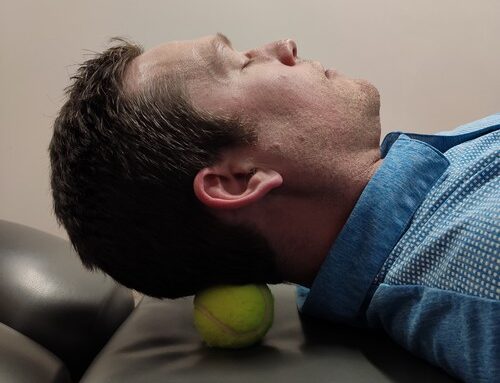 The therapeutic and restorative benefit of chiropractic on functional abilities has been well established in clinical efficacy studies. Functional health changes are measured by a number of factors some of which include the number of limitations in activities of daily living (ADLs), instrumental ADLs (IADLs), and changes in well-being. Slowing the rate of functional decline, disability, and dependency among community-dwelling older adults reduces the threat of institutionalization and preserves autonomy and well-being, both of which are long-standing public health policy goals in the United States. A 2014 study examined how chiropractic compared to medical treatment in episodes of care for uncomplicated back conditions among an older group of Medicare beneficiaries over a 2-year period using these functional health measures. Results of the study found that chiropractic confers significant and substantial benefits to older adult functional ability and self-rated health. Chiropractic care episodes are protective against 2-year declines in activities of daily living among older adults. Chiropractic care episodes are protective against 2-year declines in low back function among older adults.
The therapeutic and restorative benefit of chiropractic on functional abilities has been well established in clinical efficacy studies. Functional health changes are measured by a number of factors some of which include the number of limitations in activities of daily living (ADLs), instrumental ADLs (IADLs), and changes in well-being. Slowing the rate of functional decline, disability, and dependency among community-dwelling older adults reduces the threat of institutionalization and preserves autonomy and well-being, both of which are long-standing public health policy goals in the United States. A 2014 study examined how chiropractic compared to medical treatment in episodes of care for uncomplicated back conditions among an older group of Medicare beneficiaries over a 2-year period using these functional health measures. Results of the study found that chiropractic confers significant and substantial benefits to older adult functional ability and self-rated health. Chiropractic care episodes are protective against 2-year declines in activities of daily living among older adults. Chiropractic care episodes are protective against 2-year declines in low back function among older adults.



